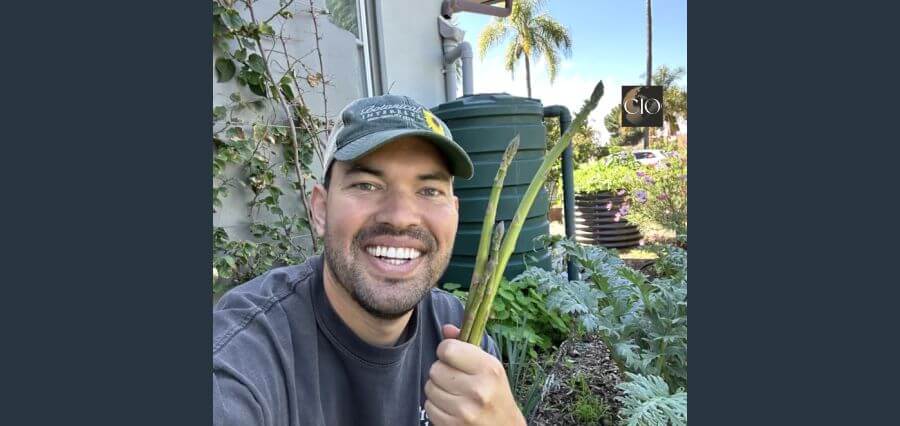In ninety seconds, the company was selling seed starting trays for $20,000. Last year, Epic Gardening was expected to bring in $30 million. As the company grows, Kevin Espiritu, the proprietor, hopes to see $100 million in revenue from his online gardening business.
Kevin was up in a typical Californian suburban household and worked in a number of different jobs and endeavours before starting Epic Gardening in 2016, which is now ranked among the top five gardening blogs globally.
He played online poker to pay for college, finished multiple web design projects, co-founded an AI startup, and even held a job at a media company. One of his business endeavours was cultivating and marketing premium microgreens to San Diego’s best restaurants. Despite closing the store, his encounter with plants and food chains piqued his curiosity.
Kevin made the decision to use $50 to launch the gardening site Epic Gardening in an effort to make money off of his newfound interest and assist others. In the beginning, he would study gardening and create articles that would bring in $200–$300 per month. His writings would cover a range of topics, from soil improvement to raised bed gardening, homesteading, edible harvesting, and ornamental gardening to the basics of plant problems.
When the blog began drawing large numbers of gardeners with its excellent instructional content, Kevin’s brother made the decision to get involved. In 2016, Epic Gardening brought in $17,000, and the following years it brought in $75,000 and $225,000. Kevin stepped up his game in 2019 and ventured into the e-commerce industry. Initially, he sold gardening supplies, such as seeds for different kinds of fruits, vegetables, and flowers. Raised garden beds, watering pots, cloth grow bags, and seed starting trays were all eventually added to the product line.
In 2020 and 2021, the company’s revenue was $2.8 million and $7.3 million, respectively. At one point, Kevin stated in an interview with UpFlip, the business was selling $20,000 worth of seed starting trays in ninety seconds. Compared to typical metal and wood plant beds, he was able to get raised plant beds from Australia that were far more resilient and long-lasting.
Although it took some time to clinch the import contract, he did it in the end and spent $35,000 on a 20-foot container to help with the logistics. He may pay the remaining amount over a period of ninety-two days, with half due now. Due to the strong demand, Kevin decided to pre-sell these raised beds in the pipeline based on his experience and instincts. He paid off the remaining balance with the earnings and purchased an additional container to increase capacity.

